How It Changes
The Road from EHR to UHR—Universal Health Records
EHR companies are in a race to adapt to these new forces. Consolidation is inevitable around the EHRs that can deliver on these criteria:
-
01
WINNER TAKE-ALL AI
The migration to value-based care will only make the software system more critical. Whichever EHR standard can deliver the greatest AI benefits, both by improving care and reducing costs, will gain market share rapidly. Current clinical practices and patient flows—meticulously coded into each hospital’s custom EHRs—will suddenly be obsolete. Cloud technology and artificial intelligence will also drastically reduce switching costs. Laborious implementations won’t be necessary: AI translators will learn and migrate data for you, with no staff involvement.
-
02
MIDDLEWARE BECOMES THE IOT ACCESS POINT
Most devices and health apps read and write to EHRs via middleware systems, which serve like translators. The better these translation methods become, the more they’ll be favored as the standard to be built on for devices—because they can talk to different systems. Interoperability standards and medical device registries are essential for safety and security. It’s bad to have your EHR hacked—but it’s worse to have your pacemaker hacked.
-
03
OPEN ALLIANCES
Initiatives like CommonWell Alliance and the Sequoia Project are pushing EHRs to standardize. Open source systems exist but are not nearly as robust as Android and Linux. But don’t expect a single standard to emerge. Smartphones can exchange texts and photos, but there are competing ecosystems, not one. Apple, by maintaining strict control, gets everything to work seamlessly. Even Google has taken more control of Android.
-
04
GLOBAL SCALABILITY
The fight to conquer the nation will inevitably shift to conquering the globe. Global scalability requires a system that can be rolled out successfully at drastically lower price points. Epic Systems’ two lowercost versions, Utility and Sonnet, are examples of how every EHR standard will need to make itself adaptable.
-
05
THE SILICON VALLEY GIANTS
Amazon, Google and Apple are all invading the healthcare space, and will continue to make acquisitions that help patients gradually take control of their own data and understand their own health choices. Upstarts who provide a path toward true interoperability, like CrossChx, makers of universal patient-ID software, will be likely targets. But these giants will be very careful not to make a misstep in the high-stakes healthcare arena that could potentially destroy their reputation. EHRs will need to be able to read and write to patients’ “health wallets,” but don’t expect the Silicon Valley giants to make the software that runs hospitals.
